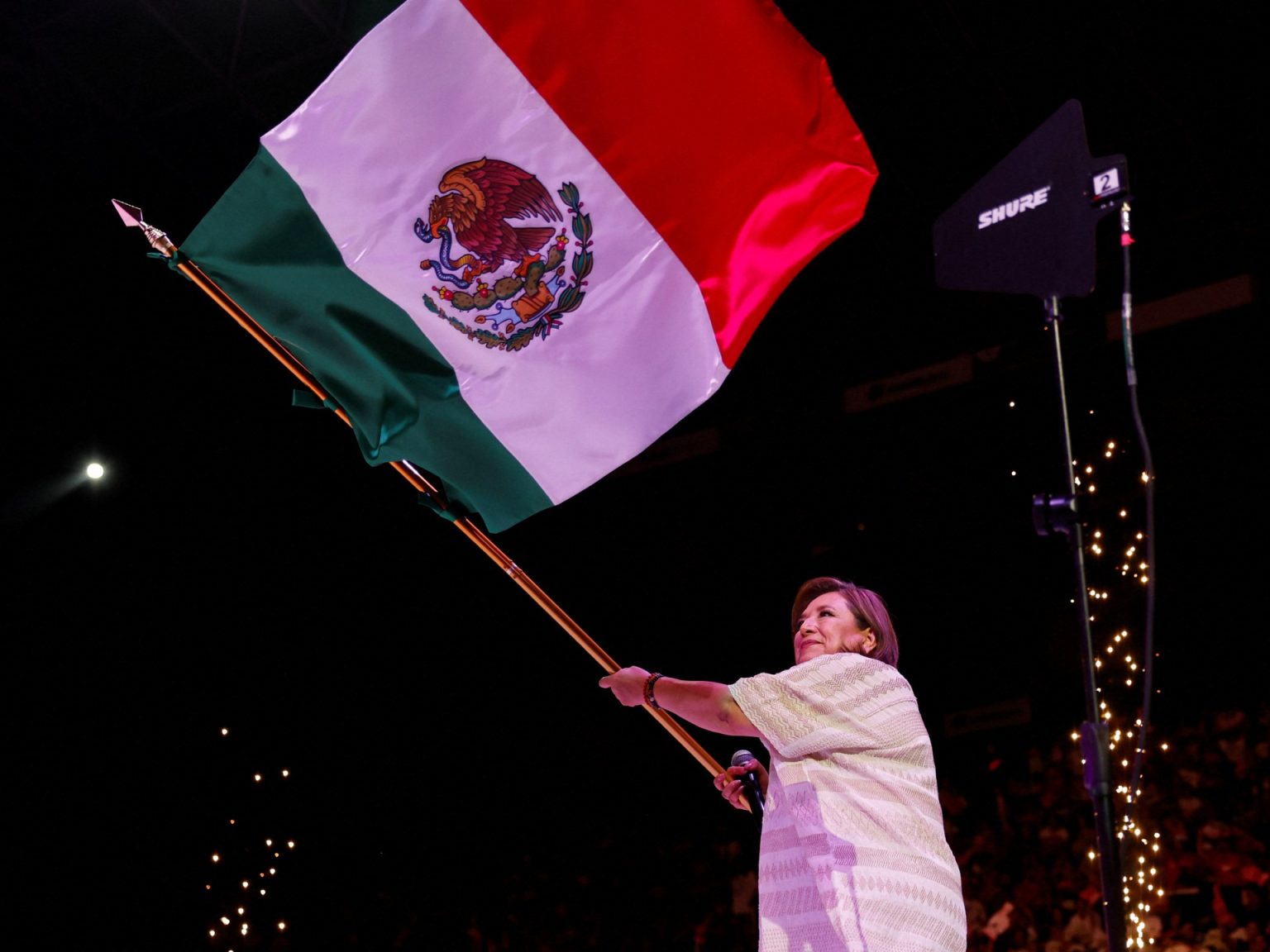Mexico City has experienced a significant political shift in recent years, with the once-dominant Institutional Revolutionary Party (PRI) losing its stronghold. Alejandra del Moral’s decision to resign from the PRI and support the left-leaning Morena party reflects this change. Historically, the PRI controlled Mexican politics with a well-oiled machine that extended from the presidency to the local level. However, accusations of violence, corruption, and voter fraud eroded the party’s support over time, culminating in its decline.
The PRI’s origins date back to 1929, when generals from the Mexican Revolution founded the National Revolutionary Party to consolidate their power. For decades, the PRI controlled the presidency, Congress, and all governorships, with a narrative of revolutionary nationalism. It built a vast network of local power brokers and offices to maintain political power while responding to voter demands. However, by the late 1960s and 1970s, the PRI faced accusations of repression, violence, and voter fraud, leading to a gradual decline in its popularity.
The election of President Enrique Peña Nieto in 2012 marked a brief resurgence for the PRI, but his administration was marred by corruption scandals and continued violence. By 2018, the Morena party, led by President Andrés Manuel López Obrador, emerged as a dominant force in Mexican politics. Morena is expected to win the upcoming election, while the PRI’s coalition has struggled to gain traction. The PRI’s leader, Alejandro Moreno, has faced allegations of mismanagement and influence peddling, further fracturing the party.
Some experts believe Morena represents a continuation of Mexico’s tradition of one-party leadership, with local power elites aligning themselves with the party for their own interests. Morena’s left-wing ideology sets it apart from the PRI, which has shifted rightwards in recent years. However, both parties share similarities in their structure and approach to politics. The PRI, despite its decline, aims to remain a relevant political player by securing swing votes in Congress and retaining a presence in certain states.
The future of Mexican politics remains uncertain as Morena’s dominance continues, and the PRI struggles to regain its footing. The upcoming election will likely determine the direction of the country, with Morena expected to maintain its hold on power. Whether Morena can sustain its popularity beyond López Obrador’s presidency remains to be seen. In the meantime, the PRI is adapting to a new political landscape, hoping to retain its influence in a Morena-dominated ecosystem.













